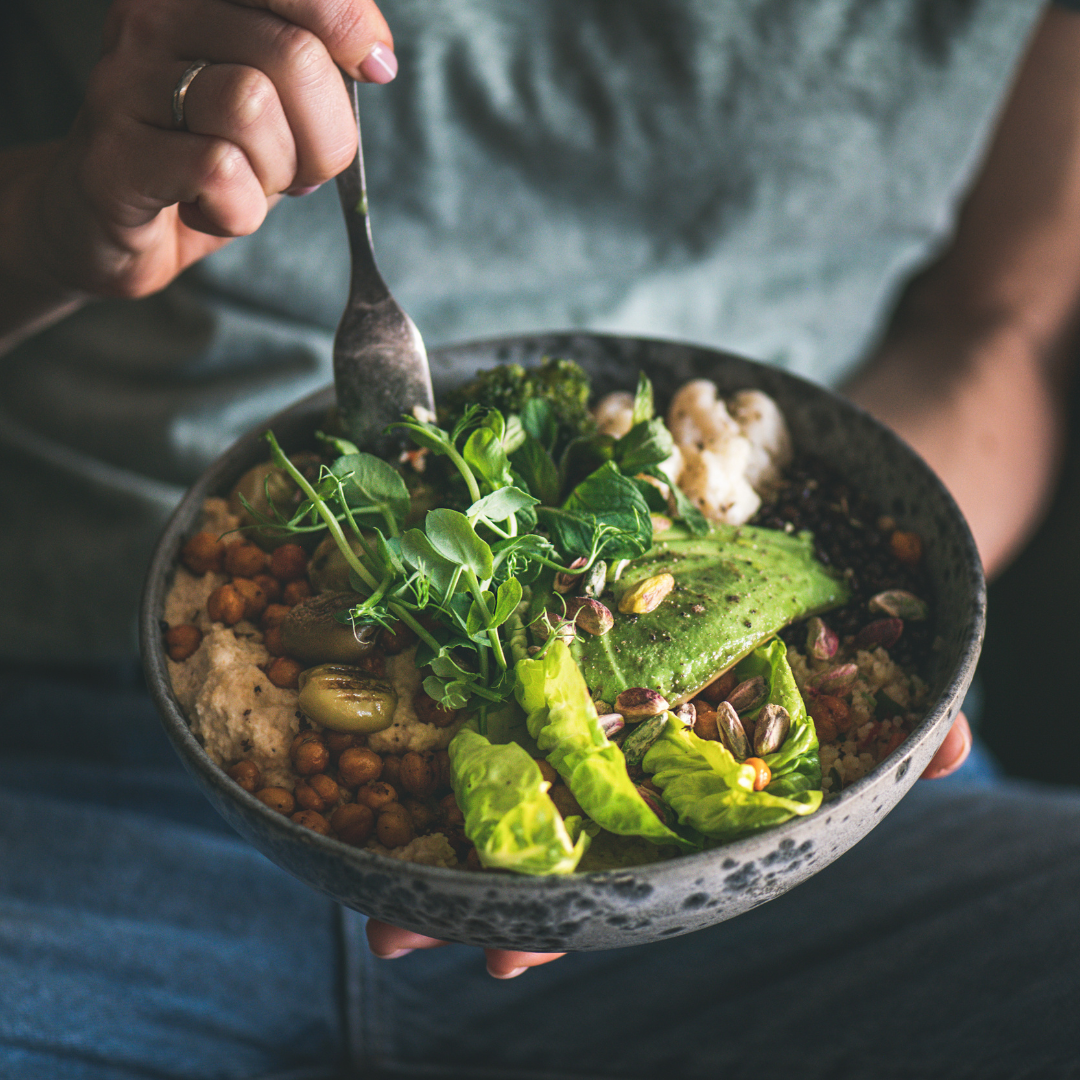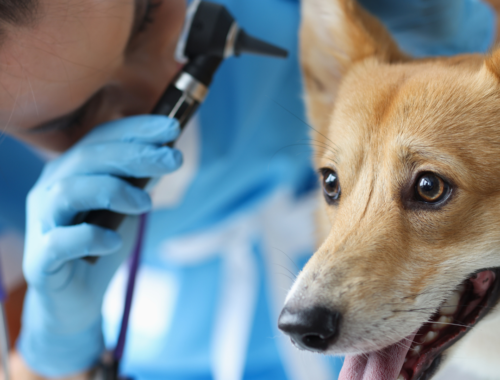
What It Means to Be Vegan
Many misconceptions surround the vegan lifestyle, but one particular one stands out – that it’s impossible to be vegan without eating. We must do a bit of planning and ensure we have enough calories in our diet. Still, with food science today, it is possible for vegans to eat an abundance of tasty vegan dishes.
What is Veganism?
Veganism is a way of living that excludes all animal products, including eggs, dairy, and honey. Animal exploitation is at the heart of veganism: animals are harmed or killed for their flesh, milk, or wool, while factory farming and hunting inflict immense suffering on billions of animals yearly.
Veganism offers an ethical solution to the problem of animal exploitation. By choosing not to consume animal products, we can help end the cruelty inflicted on animals and promote world peace.
Why Veganism?
Veganists refrain from eating animal products, including meat, eggs, dairy, and fish. The reasons for this vary from person to person. Still, the main ones usually involve concern for the welfare of animals and a belief that animal exploitation is wrong.
There are environmental benefits to being vegan as well. Animal farming is one of the leading sources of greenhouse gas emissions, making veganism a critical way to reduce our ecological impact. Additionally, factory farming methods often result in animals cruel treatment, which can negatively affect their mental health and well-being. By avoiding animal products, we’re supporting more humane practices and helping to improve the lives of animals in the process.
What is the difference Between Vegan and Vegetarian?
There is a lot of confusion surrounding the terms “vegan” and “vegetarian.” Let’s take a closer look at these two dietary choices to understand their differences better.
A vegan abstains from all animal products, including eggs and dairy. This means that they avoid not only meat but also any products that contain animal products. Vegans may also avoid processed foods, which often include animal-derived ingredients. A vegetarian opts for a diet that includes meatless meals but does include eggs and dairy. They may also choose to consume some processed food. A vegetarian does not have to exclude all animal products – they can eat them in small amounts if desired.
The Vegan Food Pyramid
The Vegan Society created the vegan food pyramid to help people understand how to get the most nutrients from plant-based foods. The pyramid has six layers, which are:
- Vegetables and fruits
- Grains and beans
- Legumes and nuts
- Seeds and oils
- Dairy alternatives
- Fruit juices, smoothies, and other plant-based drinks
Food for Vegetarians and Vegans
Being vegan means rejecting all animal products, including meat, eggs, dairy, and honey. It’s a way of living based on the belief that human life is more important than animal life. There are many ways to be vegan, and we can choose to follow a strict plant-based diet or combine it with animal-based foods. Many vegan foods don’t require any animals, fruit, or vegetables.
There are a lot of great options for vegetarians and vegans when it comes to food. We can find plenty of recipes online or in cookbooks, or we can go out and pick up something on the go. If we’re looking for something specific that we can’t find at our local grocery store, check online for vegan meal delivery services. Being vegan isn’t always easy – but it’s worth it!
Which is the Healthy Option?
Many experts believe that a vegan lifestyle is the healthiest option for humans. Here are five reasons why:
- A vegan diet is low in saturated fat and cholesterol.
- A vegan diet is high in fiber and vitamins B12, D, and K.
- A vegan diet has a lower risk of heart disease and cancer than a diet that includes animal products.
- Veganism reduces the amount of water required by the body, which can help us lose weight or maintain our weight loss goals.
- Plant-based diets are generally more environmentally friendly than those that include meat or dairy products.
Let’s Go Vegan and Live a Healthy Life
Being vegan is a lifestyle choice that advocates abstaining from consuming animal products, including meat, poultry, fish, dairy, eggs, and anything derived from them. There are many benefits to living as a vegan, not the least of which is that it can help reduce our environmental impact.
That being said, there are also some considerations that vegans must consider before switching to this way of life. If we’re ready to commit to being vegan, carry on and follow this path!
You May Also Like

What To Do If Your Dog Has Seizures
June 14, 2023
The Power of Online Presence: How to Boost Home Care Business with Digital Marketing
August 25, 2023


